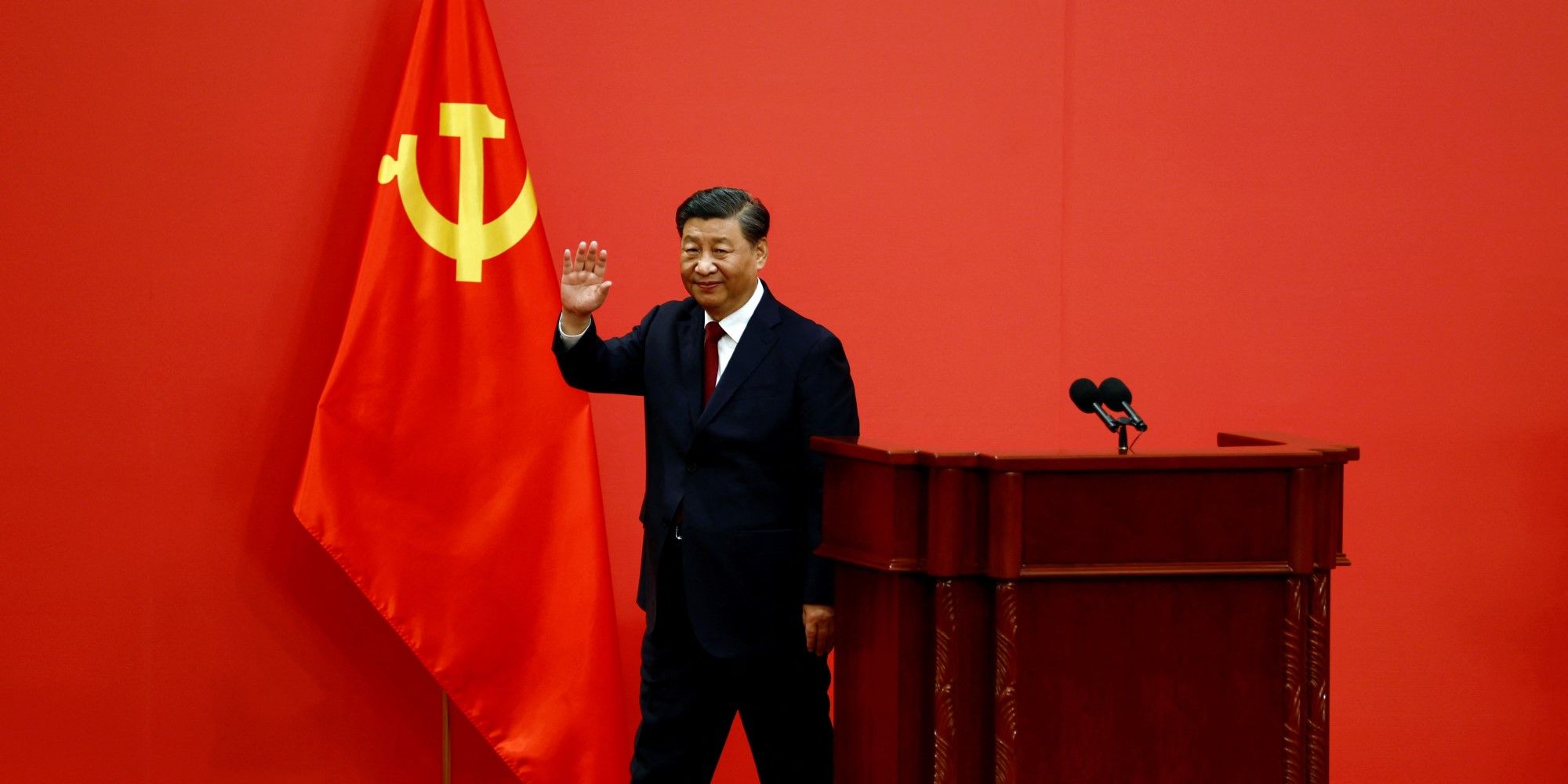To the surprise of absolutely no one, the new capabilities developed by artificial intelligence are almost immediately integrated into the repressive and censorship apparatus of authoritarian countries.
A report from the NGO Freedom House, which monitors developments in democracy around the world, recently pointed to the rapid adoption by countries like China and Russia of technologies based on artificial intelligence to extend it a little further. control over their population. The latter are also developing their own models, which meet the same rules of information control as the traditional media.
But it is not necessary to go to totalitarian countries to find uses at worst with authoritarian aims, at best with the aim of twisting the truth. Political figures in Western democracies, notably in the United States, have also started to use deepfakes, without really hiding it, to discredit their opponents.
The CCP to lead the way
Long before the emergence and success of ChatGPT, it was well established that the Chinese government used facial recognition to track and control its citizens. And he was apparently convinced by the experience because from now on, the role of AI in China is even much more important in the authoritarian apparatus.
Thus, when ChatGPT appeared in the country, it answered questions from its users, Chinese or others, without respecting the official truth, in particular on the Tiananmen massacre of 1989 which officially never took place according to the authorities of the country. An unacceptable deviation on the part of the chatbot, and which gave a good idea to the Chinese authorities, when developing Ernie, a national equivalent: to extend and automate the control of information thanks to artificial intelligence. In July, the CCP clarified the situation by requiring the country’s AI to follow the same censorship rules as traditional media and to comply with ” socialist values “. So, when asked, Ernie, for example, has no information to provide regarding the persecution of the Uighurs.
Similarly, the Russian government has also issued its own regulations regarding the development of AI models. And among the rules laid down is the “ technological sovereignty ”, which forces the country’s chatbots to respect the national narrative, particularly on the country’s invasion of Ukraine. Without necessarily developing their own chatbots, countries like Vietnam or Venezuela have also largely discredited ChatGPT, accused of giving answers “ insufficiently patriotic “.
Finally, the practice of generating videos of white anchors speaking English and discrediting Western governments as if they were real news broadcasts also appears to be growing.
Western democracies far from being immune
From the start, and sometimes even at the request of the main stakeholders, Western countries have for their part taken the development of AI very seriously, attempting to put legal safeguards in place. A process which already seems to have fallen behind schedule since AI, without being put directly at the service of the State, has already made a notable entry into the political sphere.
The best example is probably the United States, where Republican primary candidates Trump and Desantis are trying to discredit themselves with deepfake videos. And without necessarily coming directly from political figures, researchers and activists are also warning about the potential of chatbots when it comes to creating disinformation.
Sources: Gizmodo, Wired

10